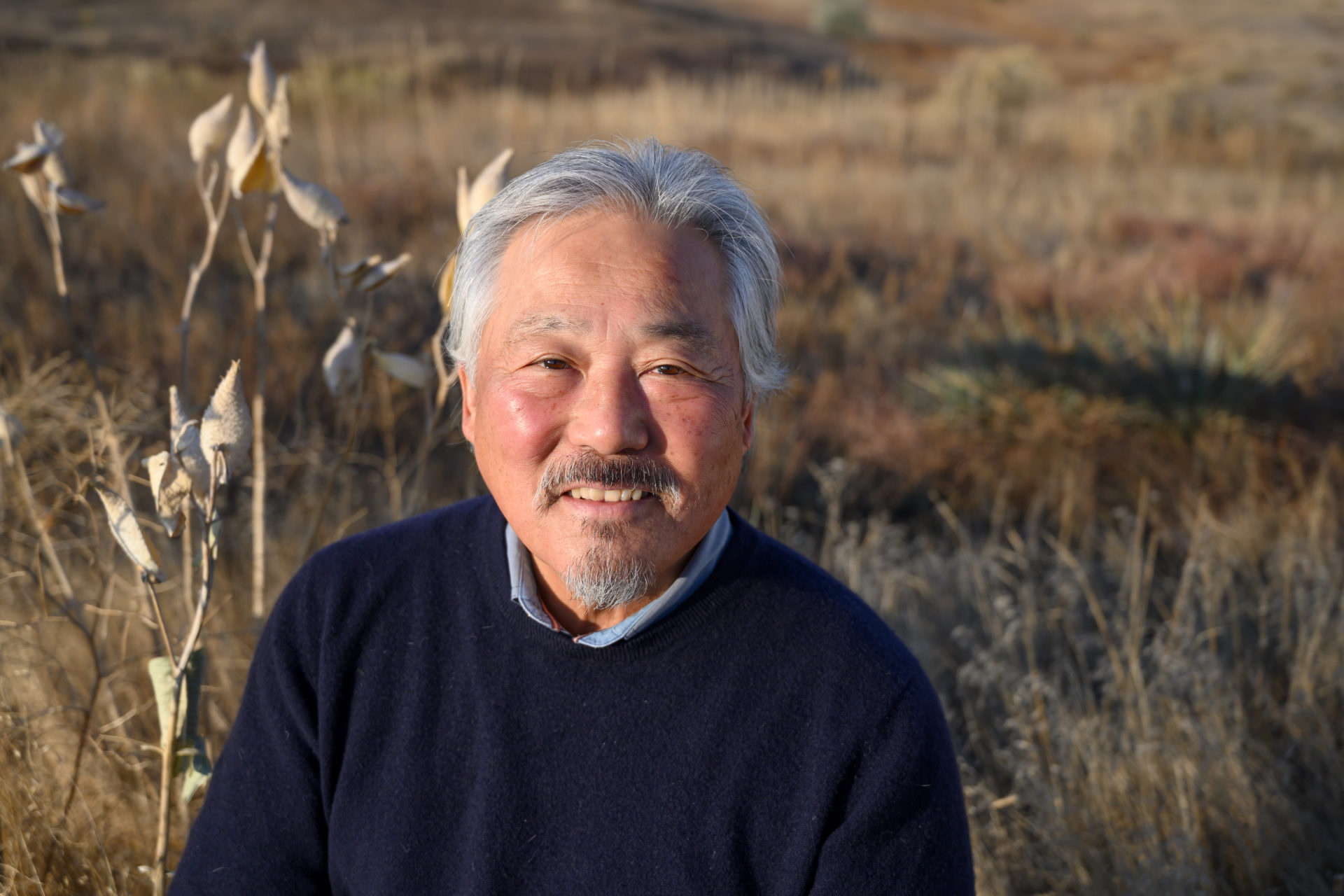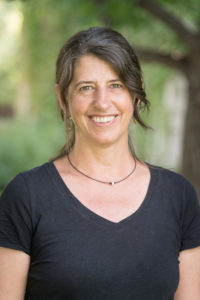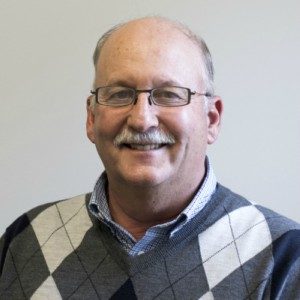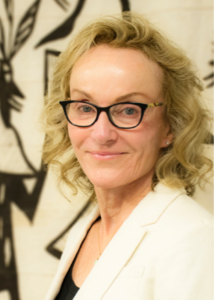
Dennis Ojima, the ‘ultimate professional,’ takes leadership role with Ecological Society of America
Original article by Mary Guiden can be found here in Warner Source
He’s been described by his peers as a team builder and collaborator, curious and well-accomplished, a leader and the quintessential diplomat.
Colorado State University’s Dennis Ojima became an emeritus professor in the Department of Ecosystem Science and Sustainability in late 2019, but that doesn’t mean he has slowed down. He continues in his role as a senior research scientist in the National Resource Ecology Laboratory at CSU, part of the Warner College of Natural Resources.

Photo: Bill Cotton/CSU
This month, he also became president of the governing board of the Ecological Society of America, a nonprofit with 9,000 members from around the world.
Ojima said that the organization represents some of the best ecologists in the world. In his new role, he hopes to harness the collective knowledge of ecologists to find ways to repair global ecosystems that society depends upon.
“We need to work together with others to find solutions, and to relentlessly fight for environmental justice and equitable access to clean environmental conditions,” he said.
An expert on climate change
Ojima is an expert in research on the effects of global changes on ecosystems around the world, including climate and land-use changes, carbon accounting methods for forest carbon sequestration and adaptation and mitigation strategies to climate change.
Michele Betsill, until recently a professor in CSU’s Department of Political Science, met Ojima when she was a postdoctoral researcher at the Harvard Kennedy School.

“I was working on a national climate assessment and what U.S. cities were doing on climate change,” said Betsill, now a professor of global environmental politics at the University of Copenhagen. “Dennis came on my radar for the Western regional assessment. I was trying to find out to what extent scientists were working with local governments.”
Years later, she landed a job at CSU, and they reconnected. They’ve teamed up to write grant proposals to better train students in social and ecological dimensions of global environmental change and have also taught classes together.
“His curiosity is what’s always struck me,” said Betsill. “He’s incredibly well accomplished in his field and always more interested in what others are doing and how others are approaching these issues. Dennis recognizes that these global issues are complex and require a multidisciplinary or transdisciplinary approach. He is always thinking about how to communicate better with decisionmakers.”
A mind for ‘big science’
John Moore, director of NREL and a professor in the Department of Ecosystem Science and Sustainability, first met Ojima when they were graduate students at CSU in the early 1980s.

“Dennis was into what I would call ‘big science,’ looking at global issues, while I was a soil ecologist,” he said. They kept in touch over the years and things came full circle when Moore returned to CSU after teaching at the University of Northern Colorado in the mid-2000s.
What does he see as Ojima’s major accomplishments?
“Dennis makes it seem so easy to take the science we do, elevate it and operate on a global stage,” said Moore. “That’s not just through publications but also through action, through committee work with the United Nations’ Intergovernmental Panel on Climate Change or the World Bank. That’s been a strength of his, to elevate the science to that level for actionable items and motivate people, whether it’s governments or professional societies. I’ve been amazed to watch him say, ‘Well we’ve got to work with this committee at the UN,’ and it just happens.”
Human-caused consequences an important part of his research
Kathleen Galvin, professor in the Department of Anthropology and Geography at CSU and director of the Africa Center, has known Ojima for more than 30 years.

They met when she was a postdoctoral researcher at NREL and became family friends, since they have children around the same age. Ojima is married to Jill Baron, an accomplished senior scientist with the U.S. Geological Survey and a senior research ecologist with NREL.
Galvin and Ojima collaborated on a research project in Mongolia, exploring climate compatible development which included addressing the needs of herders.
“Dennis understood the significance of human-environment interactions long before a lot of other scientists,” she said. “He’s felt very strongly about that for a long time, and I appreciate that as a social scientist.”
Moore said that an additional trait he admires about Ojima is that he’s never heard him say an ill word about another person.
“He’s the ultimate professional,” Moore said. “His empathy towards other people is clear. If something comes up that he doesn’t agree with, he might shake his head but that’s the end of it. He always seems to find the good in people.”
‘I represent a village’
Ojima said that his diplomat role was nurtured at CSU.
“We have a unique and collegial environment at the university, including partnerships with the Agricultural Research Service within the U.S. Department of Agriculture, U.S. Geological Survey, National Park Service and Bureau of Land Management,” he said. “I had mentors that allowed entry points into scientific institutions and worked with people that encouraged a young, upstart researcher like me to be involved in international workshops and activities.”
Ojima said that taking part in those activities helped provide recognition for him with international programs and organizations.
“It’s something we need to remind ourselves, that we need to serve as mentors for our students,” he said. “These interactions and the type of community we’ve built here at CSU, with different colleagues, is part of a cultural environment that really helped me succeed. I represent a village.”